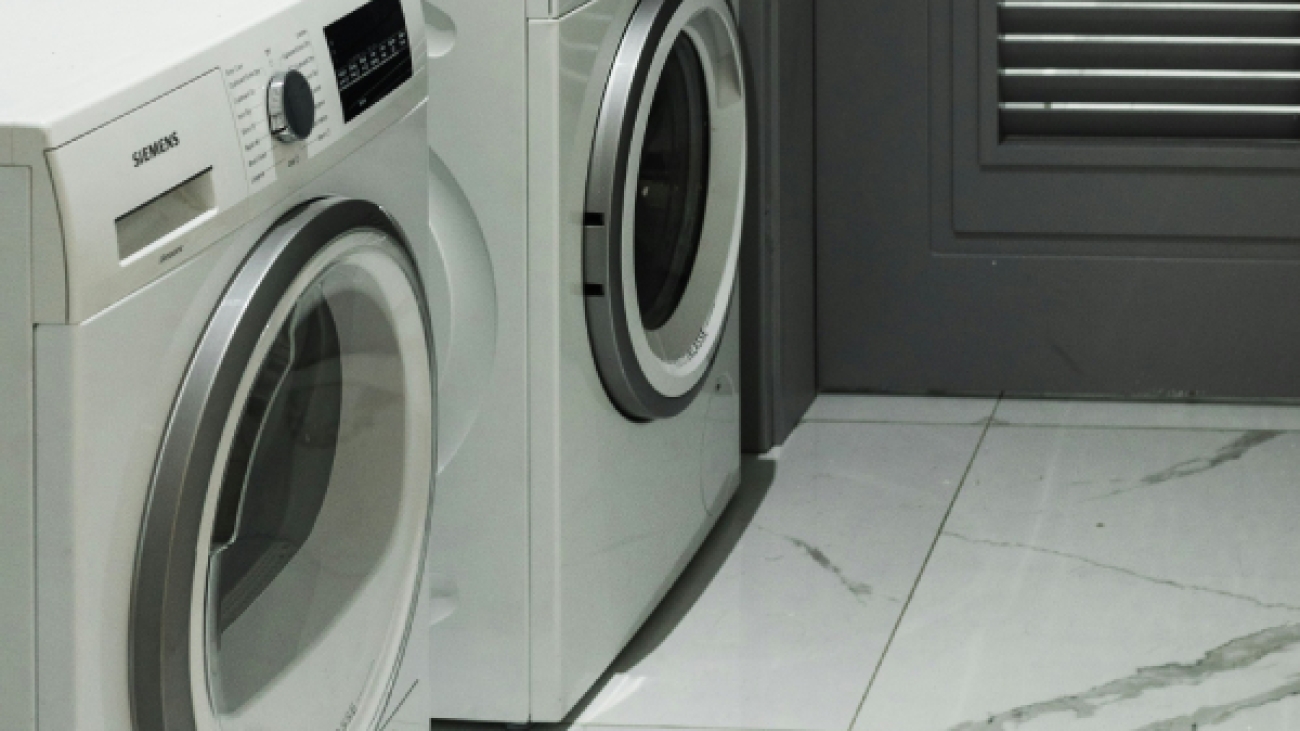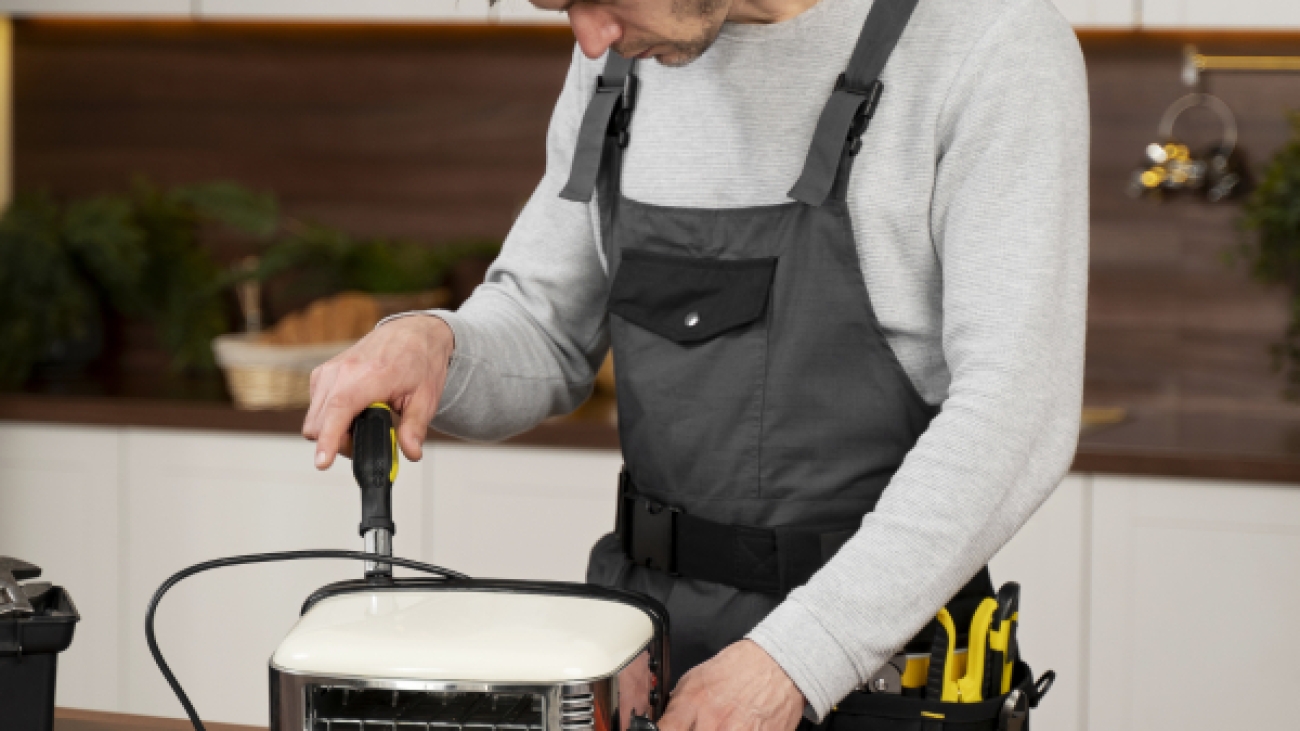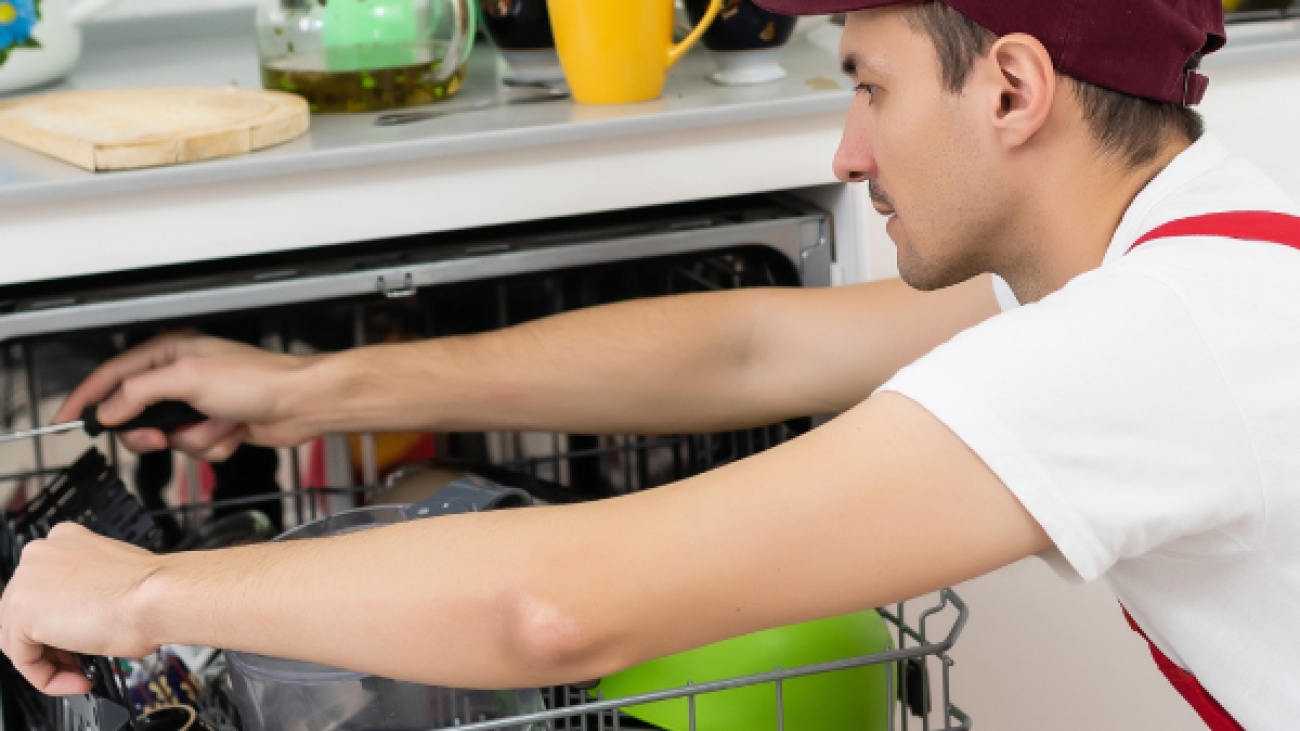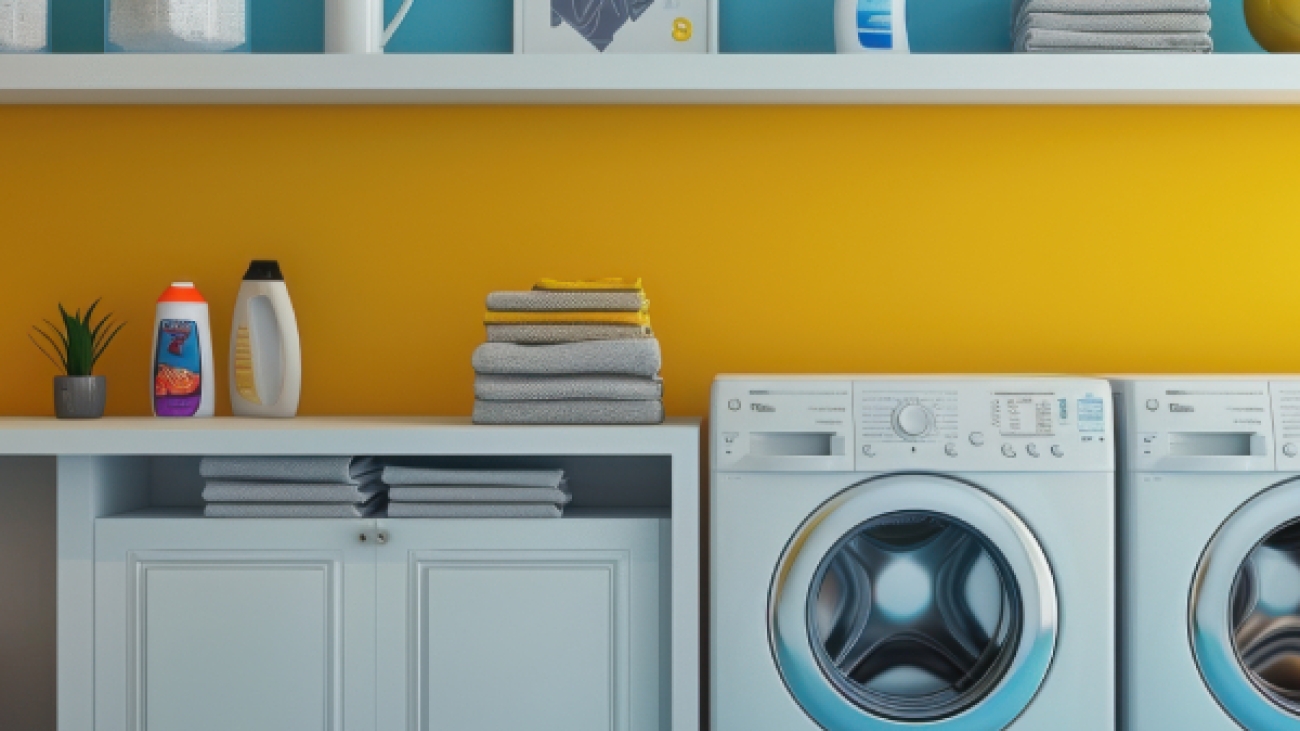Your home appliances are essential to your daily routine, so it’s important to maximize their lifespan and get the most out of your investment. By following the tips below, you can keep your appliances running smoothly for years to come, ensuring they continue to serve your household efficiently.
Regular Maintenance: The Key to Long-Lasting Appliances
Schedule Routine Check-Ups
Scheduling routine check-ups for your appliances is one of the most effective ways to extend their lifespan. Just like you would service your car regularly, your appliances also benefit from regular inspections and maintenance. These check-ups help identify small issues before they become major problems, saving you from costly repairs down the line. For example, having your HVAC system checked annually ensures that it operates efficiently and prevents unexpected breakdowns during extreme weather. Regular maintenance can also include tasks like tightening loose connections, checking for wear and tear, and making minor adjustments to keep everything running smoothly.
Clean and Care for Your Appliances
Regular cleaning and proper care are simple yet powerful ways to extend the life of your appliances. Dust, dirt, and grime can build up over time, causing appliances to work harder and wear out faster. For instance, cleaning the coils on your refrigerator helps it maintain proper cooling efficiency, while regularly clearing the lint trap in your dryer prevents overheating and potential fires. Similarly, cleaning the filters in your dishwasher and HVAC system ensures they operate at peak performance, reducing the likelihood of breakdowns. Establishing a regular cleaning routine can help prevent issues and keep your appliances running efficiently.
Using Appliances Correctly to Avoid Wear and Tear
Follow Manufacturer’s Guidelines
Manufacturer’s guidelines are there for a reason—they provide the best instructions for using your appliances correctly and efficiently. These guidelines often include recommendations for operating temperatures, load capacities, and maintenance schedules that are specifically designed to keep your appliance in good condition. Ignoring these guidelines can lead to improper use, which may cause unnecessary strain and shorten the lifespan of the appliance. For example, using the wrong type of detergent in a washing machine can lead to build-up and damage over time. Adhering to these guidelines ensures that your appliances perform as intended and last longer.
Avoid Overloading and Misuse
Overloading your appliances or using them incorrectly can cause significant damage and reduce their lifespan. For instance, stuffing too many clothes into your washing machine can strain the motor and lead to premature wear, while overloading your dishwasher can prevent dishes from being cleaned properly and put extra stress on the machine’s components. Misuse, such as using an appliance for something it wasn’t designed for, can also cause damage. To avoid these issues, it’s important to understand and respect the capacity and intended use of each appliance. By doing so, you’ll prevent unnecessary wear and tear and keep your appliances running smoothly for longer.
Investing in Quality Parts and Repairs
Choose High-Quality Replacement Parts
When an appliance needs a repair, the quality of the replacement parts matters. Using OEM (Original Equipment Manufacturer) parts ensures that the replacement component is specifically designed for your appliance, guaranteeing a proper fit and reliable performance. These parts are made to the same standards as the original, which means they will maintain the appliance’s integrity and functionality. While cheaper, generic parts might seem like a good deal, they often don’t last as long or perform as well, leading to more frequent repairs and potentially shortening the lifespan of your appliance. Investing in high-quality parts can save you money and hassle in the long run.
Professional Repairs vs. DIY
While DIY repairs can be tempting, especially for minor issues, they’re not always the best choice. Complex repairs, especially those involving electrical components or gas connections, should be handled by a professional. Attempting these repairs on your own can be dangerous and may void any warranties on the appliance. Professional repair technicians have the training and experience to diagnose and fix issues correctly, ensuring that your appliance is restored to optimal working condition. Although professional repairs can be more expensive upfront, they often provide a more reliable and long-lasting solution compared to DIY attempts.
Upgrading Wisely: Knowing When to Let Go
Assessing the Cost-Benefit of Continuing Repairs
As appliances age, the cost of repairs can start to add up, making it important to assess whether it’s worth continuing to fix an old appliance or if it’s time to invest in a new one. If an appliance is constantly breaking down and the repairs are becoming more frequent and expensive, it might be more economical to replace it. A general rule of thumb is the 50% rule: if the cost of repairing the appliance is more than 50% of the price of a new one, it’s usually better to replace it. This approach helps you avoid throwing good money after bad and ensures you’re getting the most value from your investment.
Energy Efficiency Considerations
When deciding whether to repair or replace an appliance, consider the energy efficiency of newer models. Older appliances are typically less energy-efficient, which means they use more electricity and contribute to higher utility bills. Replacing an old appliance with a newer, more efficient model can lead to significant energy savings over time, helping to offset the cost of the new purchase. Additionally, energy-efficient appliances are better for the environment, as they reduce your home’s carbon footprint. Upgrading to a more efficient model not only improves your household’s energy efficiency but also ensures you’re investing in an appliance that will likely last longer and perform better.
Conclusion
Maximizing the lifespan of your appliances involves a combination of regular maintenance, correct usage, and smart investments in quality parts and repairs. By following these professional tips, you can keep your appliances running efficiently for years to come, saving money and reducing the need for premature replacements. When the time does come to replace an appliance, choosing an energy-efficient model can further enhance the long-term benefits for both your home and the environment. With a little care and attention, your appliances can continue to serve you well, ensuring your home operates smoothly and efficiently.
